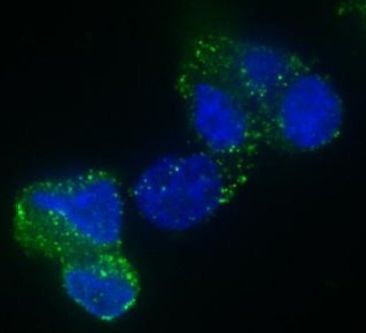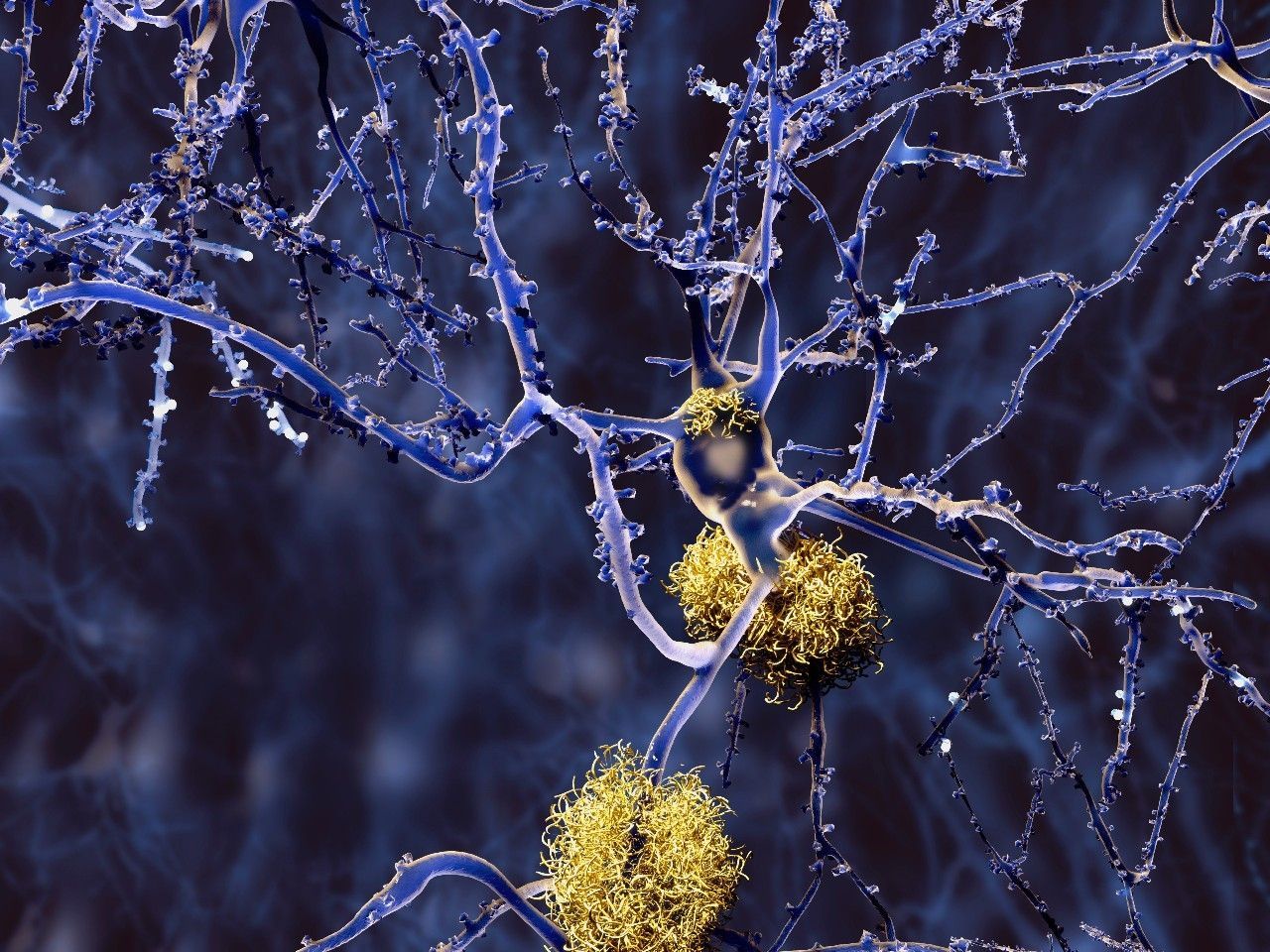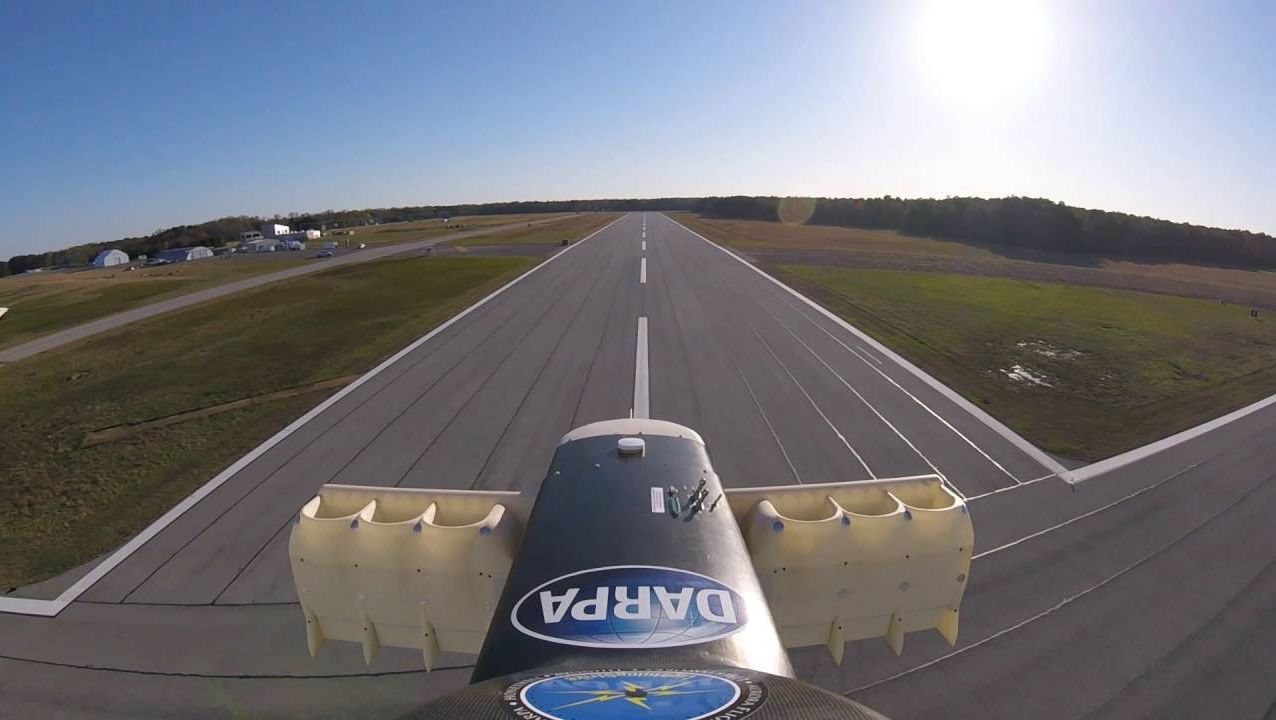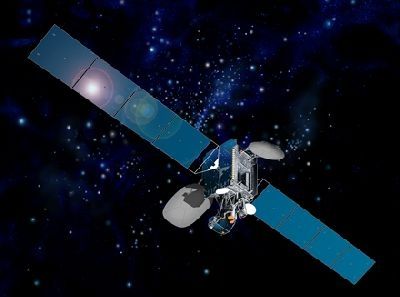Nice; taking design and manufacturing to new levels.
Advanced materials are increasingly embodying counterintuitive properties, such as extreme strength and super lightness, while additive manufacturing and other new technologies are vastly improving the ability to fashion these novel materials into shapes that would previously have been extremely costly or even impossible to create. Generating new designs that fully exploit these properties, however, has proven extremely challenging. Conventional design technologies, representations, and algorithms are inherently constrained by outdated presumptions about material properties and manufacturing methods. As a result, today’s design technologies are simply not able to bring to fruition the enormous level of physical detail and complexity made possible with cutting-edge manufacturing capabilities and materials.
To address this mismatch, DARPA today announced its TRAnsformative DESign (TRADES) program. TRADES is a fundamental research effort to develop new mathematics and algorithms that can more fully take advantage of the almost boundless design space that has been enabled by new materials and fabrication methods.
“The structural and functional complexities introduced by today’s advanced materials and manufacturing methods have exceeded our capacity to simultaneously optimize all the variables involved,” said Jan Vandenbrande, DARPA program manager. “We have reached the fundamental limits of what our computer-aided design tools and processes can handle, and need revolutionary new tools that can take requirements from a human designer and propose radically new concepts, shapes and structures that would likely never be conceived by even our best design programs today, much less by a human alone.”
Continue reading “New Tools for Human-Machine Collaborative Design” »
















